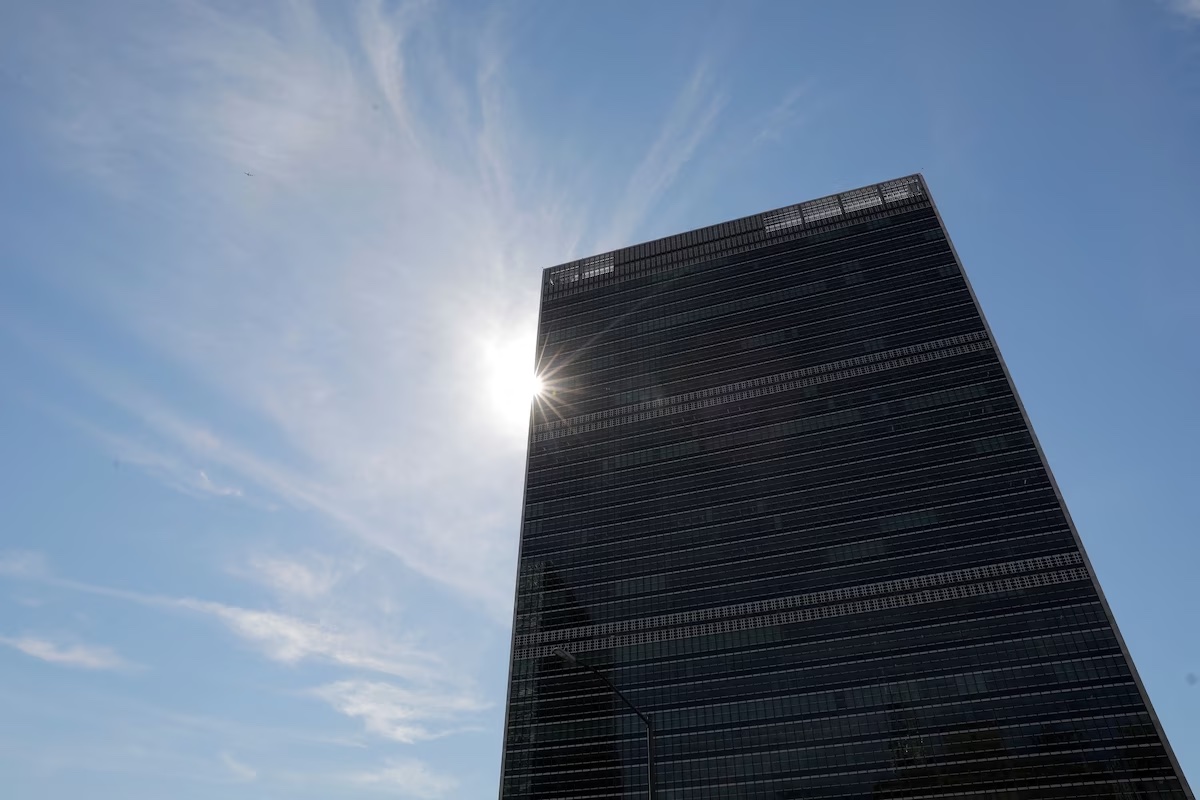New York’s governor has proposed a gas appliance ban, but major obstacles remain
from WaPO
But the Democratic leader of the state Assembly — which blocked a similar proposal last year — is noncommittal, and the measure is also facing resistance from developers, who say it could raise construction costs and hurt property values.
Hochul made the comments this month during her first State of the State address, with the hopes of getting the ambitious proposal into the state budget for fiscal 2024.
- Hochul also called for phasing out the sale of fossil fuel heating equipment, like boilers or furnaces, in existing residential buildings beginning in 2030 and in 2035 for commercial ones.
- And, she proposed a program to encourage investments in equitable, clean energy programs while establishing a declining cap on the amount of greenhouse gas emissions that New York is allowed to produce each year.
This was not the first time Hochul has committed to significantly reducing building emissions, which account for 30 percent of all planet-warming pollution in the state. Last year, the All-Electric Building Act, which would have banned gas in all new buildings by 2027, was shot down by the state Assembly and taken out of New York’s budget, despite approval from both the state Senate and the governor’s office.
At the time, Assembly Speaker Carl Heastie (D) said that he removed the bill from the budget because it was policy-focused rather than related to the state’s finances. Plus, he said the Assembly did not have enough time or information to make a decision on it.
Heastie’s office told The Climate 202 that it could not respond to questions about the state budget until Hochul officially releases it Wednesday. “We will review with our members any proposals she includes in her budget and in March we will release the Assembly’s budget proposal,” Michael Whyland, Heastie’s communications director, said in an email.
The building electrification bill also faces battles from real estate developers and the natural gas industry as details are hammered out.
Already, Altagracia Pierre-Outerbridge, a landlord and tenant attorney based in New York, said that developers are concerned that such a proposal could raise construction costs and make it more difficult to rent or sell units that are not equipped with electric appliances, ultimately affecting property values.
Meanwhile, Bryan Grimaldi, vice president of corporate affairs for National Grid in New York, said the utility company is committed to transitioning away from fossil fuels, “especially as it relates to new construction.”
However, he added that “as with any new proposal, the legislature will need to take into account the impact on homeowners and businesses, ensuring customers’ costs stay affordable and they maintain reliability during extreme weather.”
Still, optimism
Still, environmentalists said they have a good feeling that this year’s bill to electrify buildings is going to pass.
“We’ve had years and years and years of failures,” said Pete Sikora, climate and inequality campaigns director with New York Communities for Change. “But it feels like this could be the turnaround year for New York — and I’m not the type to say that lightly.”
Facing the growing risks of climate change in their districts and national movements to implement gas bans, “there’s no reasonable way to say this issue hasn’t been thoroughly aired by legislators at this point,” Sikora said.
Plus, he added, “there’s a lot more pressure to act this year because there’s a lot of pent-up unhappiness on the part of the public groups and the legislators and the governor on this issue.”
If approved, New York would not be the first state to implement a ban on fossil fuels in new buildings, but it would be the first to do so legislatively. Last year, Washington passed the first statewide mandates for electric building heat and the California Air Resources Board approved the nation’s first-ever plan to end the sale of fossil-fuel-burning appliances, though its rules are still being drafted. And in 2021, New York City banned natural gas appliances in new buildings, portending the statewide fight.
But Daniel Zarrilli, then chief climate policy adviser for former mayor Bill de Blasio (D), told The Climate 202 that a New York ban on fossil-fuel-burning appliances would have “enormous value for the globe” because “if you can do it in New York, you can do it anywhere.”
“Other places around the globe are all struggling with the same kinds of questions, and if New York in particular can provide a model for that, it will get picked up and noticed,” Zarrilli said.
“It’s going to be a big, big fight,” Sikora said. “And our side needs to muscle up and win.”

